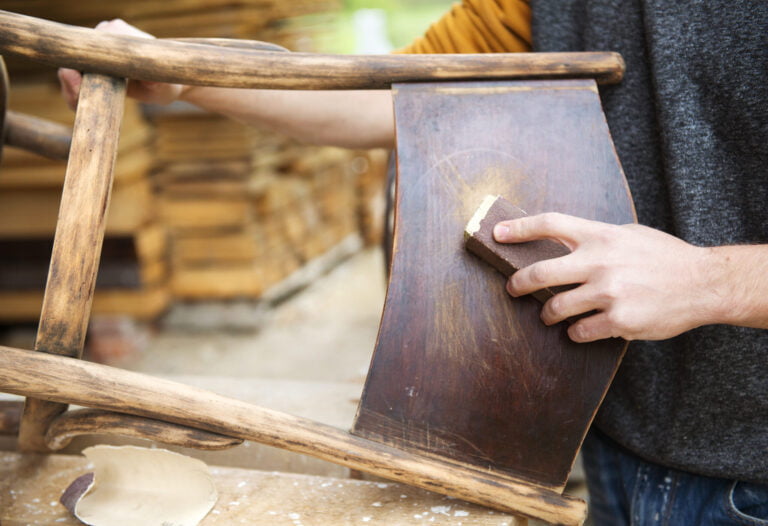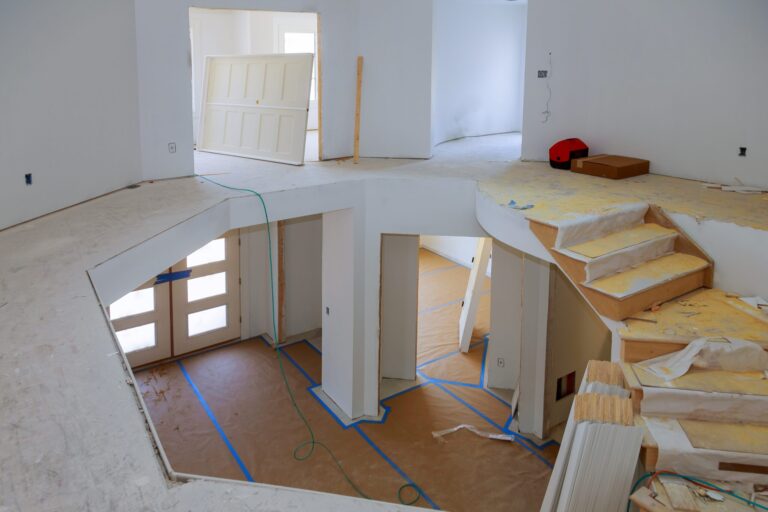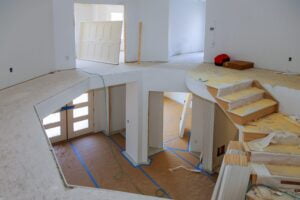As a renter, you have the freedom to move when your lease is up with relatively no hassle. You also don’t have to worry about maintenance and repairs, as that’s typically the landlord’s responsibility. But what if you’re ready to put down roots and buy a place of your own? Before you start house hunting, there are a few things to consider. Keep reading to learn more about some things you should think about before making the jump from renting to buying.
Consider your moving costs.

One thing you need to consider if you decide to buy a home is your move and the cost associated with that. You may need to hire a moving company to help you move if you have a large number of belongings. Professional movers offer services that include packing your belongings, loading the moving truck, and setting up your new home. You can choose to pay for as many or as few services as you would like. The cost of hiring a moving company can be expensive, so it is important to budget for this expense before purchasing a home. You should also shop around for quotes to find the best fit for your needs. Depending on where you live, a company like Coleman Allied Tucson can help you move across the country or across town.
Check your credit score.
Perhaps one of the most important factors in getting a home loan is the credit score. Your score is a number that reflects your creditworthiness. It’s based on items contained in your credit report, and it’s used by lenders to determine how risky it is to lend you money. The higher your score, the less risky you are to lenders, and the more likely you are to be approved for a loan and to receive a lower interest rate. Your credit score is calculated using a variety of factors, including your payment history, your credit utilization, your length of credit history, and your credit mix. If you have a lower score, you may find it difficult to get a loan, or you may encounter much higher rates.
Determine how much you can afford.

The first step in the process of buying a house is to determine how much you can afford. This involves figuring out your monthly budget and then calculating how much of that budget you can put towards a mortgage payment. Once you have an idea of how much you can afford each month, it’s important to start looking at what your total purchase price should be. This includes the cost of the home itself as well as any associated closing costs. Closing costs typically range from two to five percent of the purchase price and can include things like attorney fees, title search fees, and recording fees.
It’s also important to remember that you’ll need to have some money saved up for a down payment. The typical down payment requirement is 20 percent, but there are many programs available that allow for down payments as low as three percent.
Research different homes and neighborhoods.

When researching neighborhoods, it’s important to consider what you need and wants in a neighborhood. Do you need a quiet neighborhood with little traffic? Or are you looking for an active neighborhood with lots of things to do? Consider your lifestyle and needs when researching neighborhoods. If you’re looking for a single-family home, make sure the neighborhood has homes that fit your budget and style. If you’re open to other types of housing, such as apartments or townhouses, research the availability of those types of dwellings in the area.
If you find a home in a certain neighborhood that you like, you can research the history of the home as well. If you want to find the history of a property, you can find information about previous owners, property maps, and previous sales data. You’ll also want to check out the condition of the home to determine if there are any issues. There are several common household repairs that you might need to make. However, you don’t purchase a home with major issues. When you look at the history and condition of a particular home, you can get a better idea of the property and any potential problems.
It’s also important to research crime rates in potential neighborhoods. While no neighborhood is crime-free, some areas have higher crime rates than others. You’ll want to find a neighborhood that feels safe for you and your family. Finally, take into account the schools in potential neighborhoods. Even if you don’t have school-aged children yet, it’s important to know what schools are available in case you decide to start a family down the road. You’ll also want to research how well each school ranks academically.
Overall, there are a number of things to consider before making the jump from renting to buying. These include, but are not limited to, your overall financial situation, the current market conditions, and the condition of a potential property. With some time and consideration, you can determine if now is the right time for you to take the leap into homeownership.











